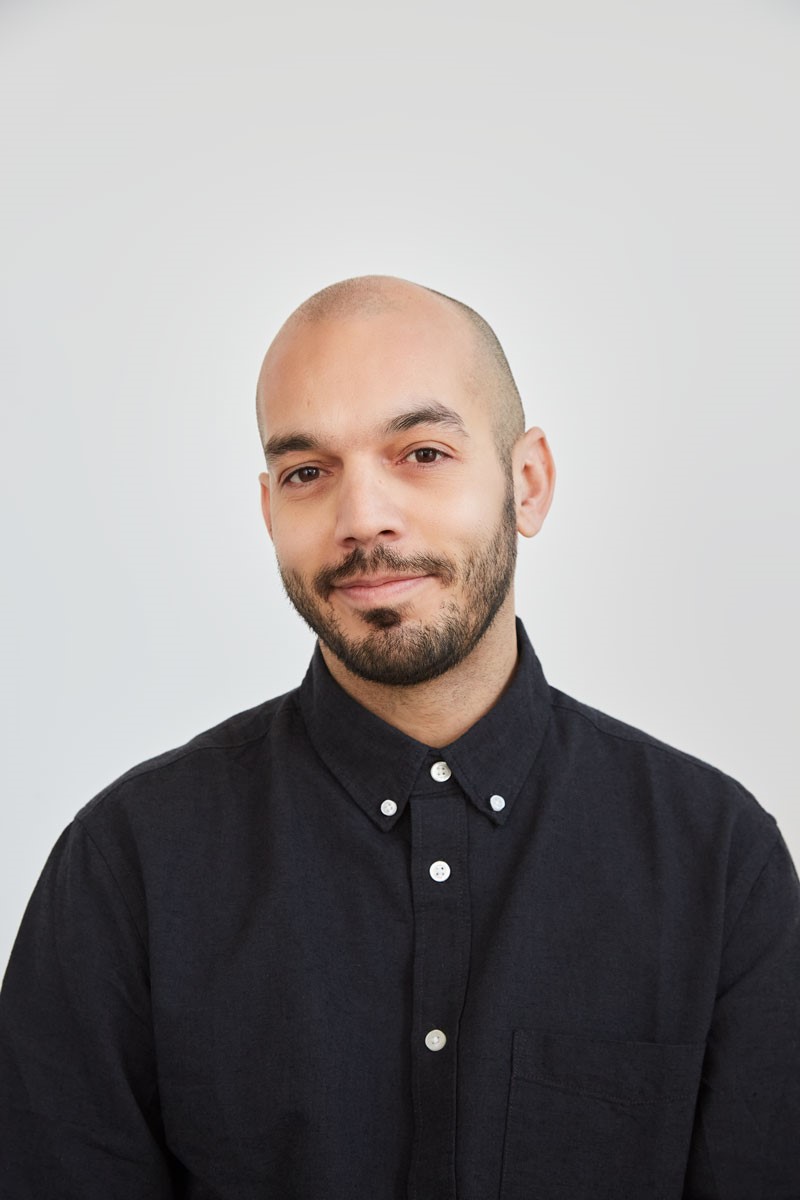
Sanjay Sur
Registered Member M������
Contact information
- Phone number
- 07545173135
Therapist - London
Features
- Concessionary rates
Availability
Working Days & Hours
Monday, Tuesday, Wednesday
11am – 8pm
About me and my therapy practice
My approach to therapy is psychoanalytic. Together we will explore unconscious dynamics, early relational patterns, and how these may be repeated in the present, including in the therapeutic relationship. Through reflection and attention to thoughts, feelings, and unconscious communication, we work towards a deeper understanding of the self and the roots of emotional distress.
You may be facing anxiety, relationship difficulties, questions around gender or sexuality, trauma, workplace stress, bereavement, or a general sense of unease. I offer a space where you can feel heard, understood, and supported as we think together about the underlying factors shaping your experience.
Over time, making links between past and present can help you gain clarity, insight, and greater freedom in how you respond to life’s challenges. This process supports the development of self-awareness and integration, opening space for new ways of relating to yourself and others.
Practice description
What sort of problems might therapy help me with?
At different points in life we may find ourselves questioning why we think, feel, or act the way we do - particularly when stressed, hurt, or overwhelmed. Many people seek psychotherapy for reasons such as:
• Anxiety, depression, or a sense of emptiness
• Struggles with loss, separation, or life transitions
• Low self-confidence or difficulties in relationships
• Repeating patterns in unsatisfying or harmful relationships
• Feeling stuck, directionless, or disconnected from oneself
• Unresolved issues from the past or childhood
• Compulsive or self-critical behaviours
• Experiences of discrimination or marginalisation
Whatever your reason for seeking help, I provide a safe, non-judgmental, and confidential space where we can work together to explore and address the difficulties troubling you.
Counselling or Psychotherapy?
Many people wonder about the difference between counselling and psychotherapy. The distinction is often understood in terms of their duration and depth of focus.
Counselling is generally shorter-term, lasting around 12–24 sessions. It is often sought in response to a specific issue that requires immediate attention. Counselling is usually more solution-focused, aiming to restore balance and provide support during a challenging time.
Psychoanalytic psychotherapy, however, involves a longer-term commitment - typically one to two years or more. It explores deeper unconscious aspects of the psyche through the therapeutic relationship, helping foster a more profound understanding of oneself and opening space for lasting change and growth.
My first session
Next Steps
It is not unusual to feel uncertain or anxious about starting therapy. If you would like to explore things further, please feel free to contact me to discuss your situation, or to set up a preliminary consultation.
Making contact
Before starting therapy, we will have an initial consultation, usually over one or two meetings. If you wish to work more intensively (up to 3x weekly), this consultation period may take longer. It provides an opportunity for us to meet in person and for you to get a sense of how I work. After the consultation, we can decide if psychoanalytic therapy will benefit you and how you feel about working together.
What I can help with
Abuse, ADD / ADHD, Anger management, Anxiety, Autism spectrum, Bereavement, Body/somatic therapy, Chronic fatigue syndrome / ME, Cultural issues, Depression, Disability, Health related issues, Identity issues, LGBTQ+ counselling, Loss, Men's issues, Mood disorder, Neurodiversity, Obsessions, OCD, Post-traumatic stress, Redundancy, Relationships, Self esteem, Self-harm, Sex-related issues, Sexual identity, Sexuality, Stress, Trauma, Work related issues
Types of therapy
Psychoanalytic, Psychodynamic
Clients I work with
Adults, Older adults, Young people
How I deliver therapy
Long-term face-to-face work
Languages spoken
English